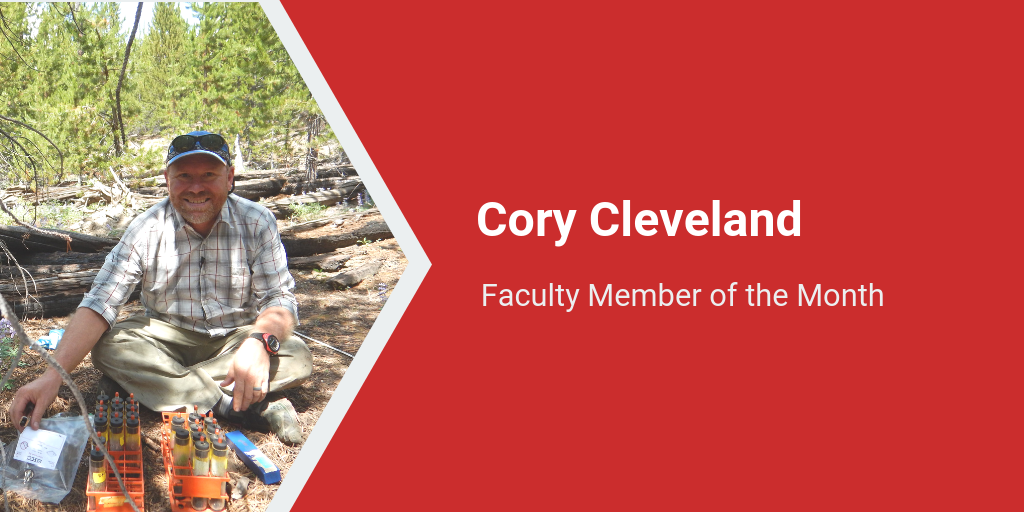The Wellcome Trust gives around £700 million to research each year. Naturally, the Trust wants to know where this money is going, and how well it’s being spent. This involves contextualizing Wellcome-funded research, and they’ve just published a fascinating timeline (see below) of research in (human) genetics, starting with Darwin and Mendel, noting the publication…
“We are all individuals!” chants the group, repeating after Brian. “I’m not!” says a guy, jumping up and down and waving his hands above his head. —the effects of groupthink distilled into a hilarious 30 second scene from Monty Python. We all, to a lesser or greater extent, buy into groupthink. If we didn’t, we’d…
No, not something to do with fruit. We’ve been thinking a bit about open data recently, talking to Peter Murray-Rust and Cameron Neylon, and generally kicking around ideas about how we might like to change the world. Again.
There was a rather wonderful paper in Cell in the middle of last year from Deepak Srivastava’s lab at UCSF: Direct Reprogramming of Fibroblasts into Functional Cardiomyocytes by Defined Factors1. It was picked up by two of our Faculty teams and has already garned more than 40 citations.
This week’s news includes postdoc protests, evidence that cell phones affect the brain, Japanese university unrest, thoughts on the limited half-life of scientific findings, questionable Novartis promotions, and microworms that monitor blood sugar.
After comforting myself that I was using it merely as a reference, and was not in fact the dummy, I have been known to invest my money in one of the For Dummies series of books. From Divorce for Dummies to Building Chicken Coops for Dummies these books are instantly recognizable by their bright yellow…
Here at F1000 Towers we’re big fans of Nikon’s Small World competition. We took a look at last year’s winners at Naturally Selected, and we’re more than happy to note the 2011 competition. But this year, Nikon are straying into another hobby of mine. For the first time there’ll be a video category, Small World…
Here’s the concluding part of the interview with Peter Murray-Rust at the University of Cambridge. We talked a bit about publishing data, and indeed science as a whole: where open data started for Peter was when he suggested all science should be published as supplemental data. Taking such a suggestion forward, the problem then becomes…
If you can’t afford to go to the badlands of Arizona to discover a new dinosaur, you could always do it from the comfort of your own home–or local museum. Bones from two dinosaurs were recovered from a quarry in Utah in 1994, and taken to the Oklahoma Museum of Natural History. This is fortunate…
Our good friend Nando Boero, to whom thanks are due for introducing us to Ray Troll, has evaluated another paper. This one is four years old and hidden away in Oikos, and has the intriguing title How to write consistently boring scientific literature1. Kaj Sand-Jensen of the University of Copenhagen has ten key tips for…





